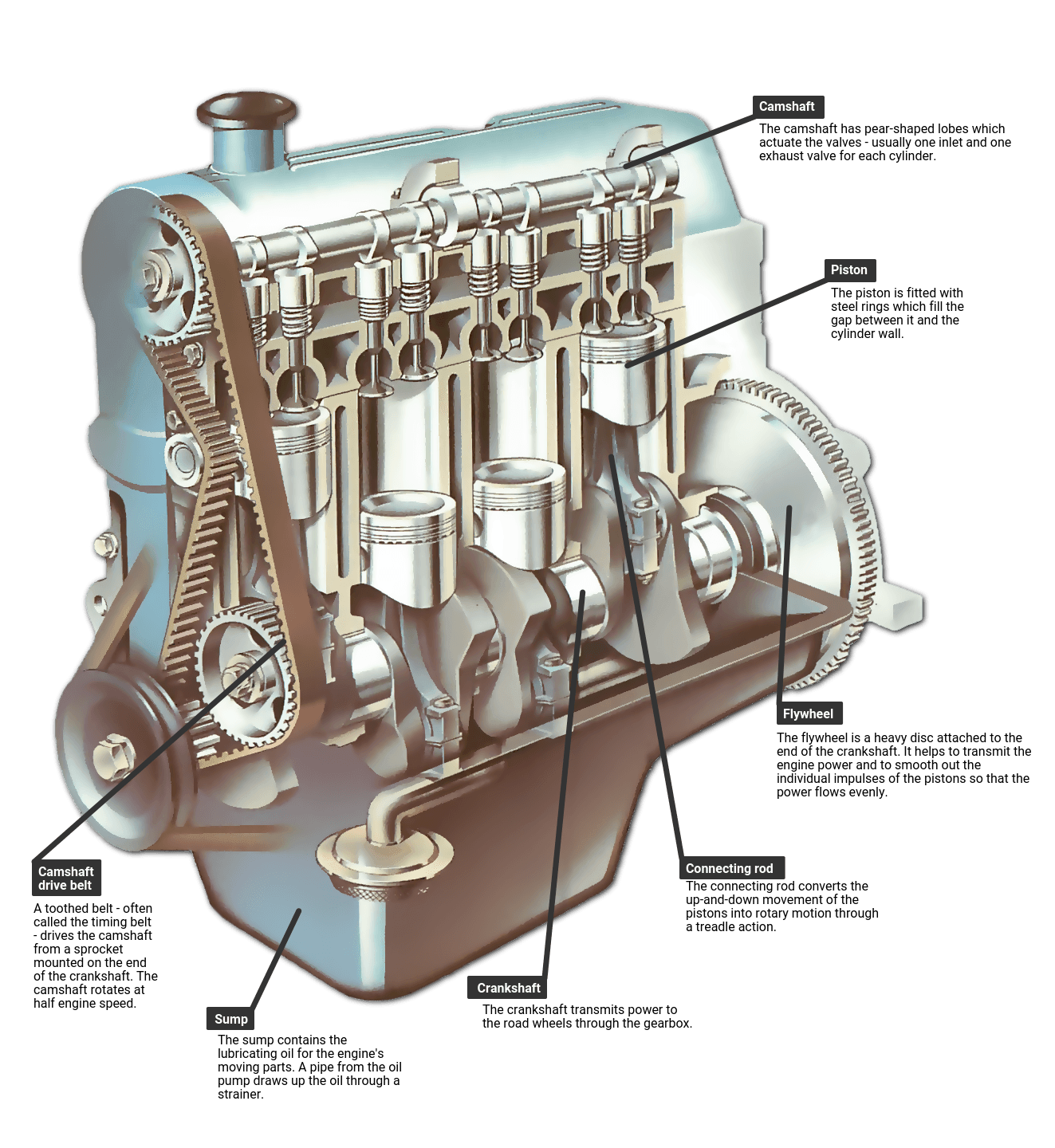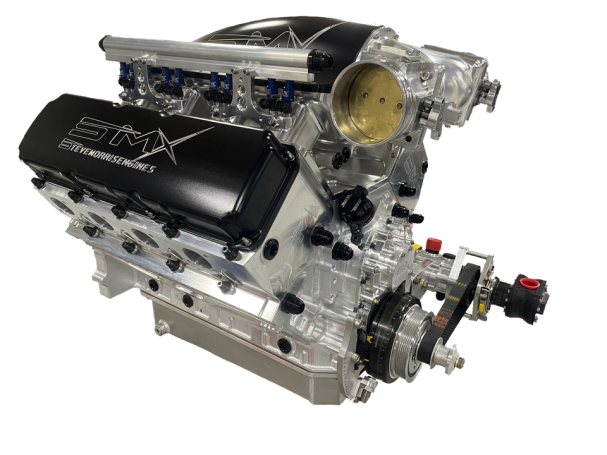Engines For Africa: Leading Supplier of Costs Engines
Engines For Africa: Leading Supplier of Costs Engines
Blog Article
A Total Guide to Picking the Right Engine for Your Task
Choosing the appropriate engine for your task is an important choice that can considerably affect its total success. It is essential to thoroughly specify your project needs, review performance requirements, and consider user-friendliness alongside other important elements. Furthermore, comprehending the neighborhood assistance readily available and inspecting expense ramifications can even more fine-tune your choice. Each of these components plays an essential duty in ensuring that your selected engine not just fulfills immediate purposes but also aligns with lasting goals. As we discover these factors to consider, you might find that the subtleties of each facet disclose greater than originally expected.
Specify Your Project Requirements
Specifying your task needs is a critical action in choosing the appropriate engine for effective execution. A thorough understanding of your job's objectives will certainly assist you in identifying the attributes and abilities required from an engine. Begin by laying out the range of your job, including the preferred functionality, target market, and the details results you intend to achieve.
Next, think about the technological needs that line up with your job objectives. This includes examining the compatibility of the engine with existing systems, as well as the programs languages and frameworks that will certainly be utilized. Furthermore, evaluate the degree of scalability needed to fit future growth or adjustments in demand.
Spending plan constraints also play an important duty in defining your project requires. Establish a clear monetary structure to assist your decision-making process, guaranteeing that the engine chosen fits within your budget while supplying the essential functionality.
Evaluate Efficiency Needs

Following, think about the scalability of the engine. Examine whether it can manage increased workloads as your job expands. Engines that sustain horizontal scaling are usually more suitable for larger applications. Additionally, evaluate the engine's performance under different conditions, such as peak usage situations, to ensure it meets your dependability standards.
Consider Simplicity of Use
While technological requirements are crucial, the convenience of usage of an engine can substantially affect the advancement process and overall task success. An intuitive user interface, clear paperwork, and streamlined workflows can drastically decrease the understanding contour for developers, allowing them to concentrate on imagination and problem-solving rather than facing complicated devices.
When examining an engine's convenience of usage, think about the onboarding experience. A well-structured intro, complete with tutorials and sample tasks, can facilitate a smoother shift for brand-new customers. Furthermore, the quality and comprehensiveness of the engine's paperwork play a critical function; detailed overviews and API recommendations can empower designers to fix and implement attributes efficiently.
One more facet to consider is the engine's modification abilities. An engine that enables easy adjustments can be more easy to use, as developers can tailor it to fit their specific requirements without comprehensive headache. Assess the process assimilation with devices and platforms you currently use. A cohesive ecological community can enhance productivity and decrease rubbing during the development process. Eventually, choosing an engine that prioritizes simplicity of usage can lead to a more enjoyable and effective development experience.
Assess Neighborhood and Support
The stamina of an engine's community and assistance network can considerably influence a designer's experience and success. When analyzing an engine, think about the size and task degree of its area.
In addition, assess the availability of main assistance channels. Trusted documents, responsive consumer support, and routine updates are important for attending to technological problems and he said keeping your you could try here task on the right track. Engines For Africa. Active neighborhoods likewise cultivate partnership, supplying possibilities for networking and responses, which can be indispensable, particularly for independent designers or small groups
Additionally, check out the visibility of community-run events, such as meetups or hackathons. These events can enrich your understanding of the engine while linking you with prospective partners and skilled individuals. In summary, a robust community and assistance system not only improve advancement but likewise develop an environment conducive to discovering and innovation, eventually improving the chance of your task's success.
Compare Price and Licensing Alternatives
Spending plan considerations play an important function in choosing the ideal engine for your job, as the price and licensing alternatives can significantly impact both temporary expenses and long-term practicality. Engines For Africa. Different engines offer varying pricing structures, which can consist of single acquisition fees, subscription versions, or revenue-sharing arrangements based upon your task's incomes

Certifying options additionally vary significantly. more Some engines are open-source, providing flexibility and community-driven support, while others may require exclusive licenses that limit use and circulation. Comprehending the implications of each licensing model is important, as it affects possession legal rights, future scalability, and possible lawful commitments.
Conclusion
In final thought, selecting the proper engine for a job requires an extensive analysis of defined project demands, performance requirements, ease of use, community assistance, and cost considerations. By methodically resolving these important elements, decision-makers can guarantee positioning with both future and existing project needs. An educated choice inevitably enhances the possibility of task success, making it possible for efficient source appropriation and making best use of potential results within the specified monetary restrictions.
Picking the ideal engine for your task is a critical decision that can significantly impact its general success.Defining your job requires is an essential step in picking the suitable engine for effective execution. A thorough understanding of your task's goals will certainly lead you in recognizing the functions and capacities required from an engine.As soon as you have a clear understanding of your project requires, the next action is to assess the efficiency requirements of the engine.In conclusion, choosing the ideal engine for a job requires a thorough assessment of specified project needs, performance demands, convenience of use, neighborhood support, and expense considerations.
Report this page